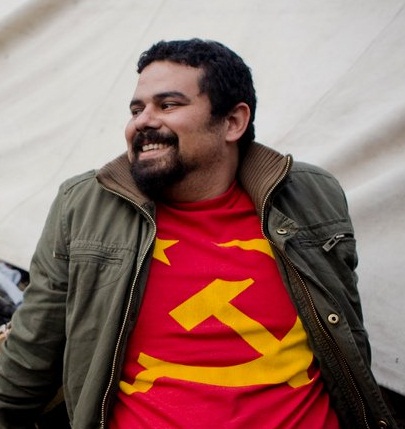By Moha Ennaji
Morocco just lost the great progressive sociologist Fatema Mernissi, who was one of the cultural and intellectual icons of the country. She spent her entire life defending gender equality, women’s causes, moderate Islam, and the Islamic of mercy, love, and tolerance. She dealt with contemporary issues with scientific rigour, objectivity and boldness, and often broke taboos. Mernissi immortalised her name with her wonderful books “Beyond the Veil”, “Political Harem”, “Dreams of Trespass,” “The Veil and the Male Elite”, and “Women in Islam”.
Mernissi became aware of the dynamics of male-female segregation very early in life. Her autobiography novel “Dreams of Trespass”, which met wide acclaim and was translated into no less than 24 languages, expresses her awareness and her attempts to understand and trespass the hududs (frontiers) of Arab-Muslim space-based patriarchy.
Her subject matters are diverse and far-reaching, but three main themes are recurrent: women, modernity, and Islam. For her, sexual and gender inequality is a prominent feature of both Islamic and Western societies, in spite of the fact that the underlying concepts of female sexuality in Christian and Muslim traditions are different.
With Mernissi’s death, Morocco has lost one of the greatest sociologists in contemporary Morocco and one of the emblems of the feminist movement. She was a good, honest, charismatic woman who dedicated her life to defending women’s rights to free them from the grip of oppression and exploitation in all forms.
She lit the flame of knowledge and tolerance in this dangerous world and illuminated the way for Moroccan and Muslim women to continue the struggle, and work for freedom, and the common good of their communities.
Using her scientific publications, Mernissi was a beacon of enlightenment in the realm of university research; she contributed a multitude of books and participated in the development and prosperity of the Moroccan University. She wrote in Arabic, French, and English and published her work in the best of international publishing houses. Her work was translated into several foreign languages and she lectured and taught in the most prestigious European and American universities.
Her attention focused on issues of democracy in Muslim societies, in particular the status of women and the analysis of the evolution of Islamic thought, and recent developments related to globalisation and the Middle East.
Her writings have also focused on the conflict between tradition and modernity and on crises that afflict our societies and how to ensure progress, growth and development, and openness to the other.
In parallel to her academic work, Mernissi conducted a constant struggle in the context of civil society for gender equality and women’s rights. She organised and participated in numerous workshops, meetings, and other social activities including “civic synergy” and “citizenship caravan”.
She was among the first women to attend a school established by the nationalist movement during the French protectorate. She was able to lift the torch of Moroccan women high thanks to her abundant contributions and her leading interventions in conferences and seminars in various prestigious universities across the world.
She has impacted generations of scholars – men and women – not only in Morocco but in North Africa, the Middle East, and beyond. Her legacy is unique and so is the impact of her work. Navigating between the local and the international, she was able to reach people of all ages, political backgrounds, and schools of thoughts.
Born in 1940 in Fez, Mernissi received her primary and secondary education in bilingual schools in Morocco. She then studied sociology at Mohamed V University in Rabat before pursuing her studies in France and at Brandeis University in the US. Back in Morocco, she taught sociology at Rabat University and was then nominated member of the University Research Institute and member of the UN University Council.
She will remain an icon of freethinking for women, modernity, and Islam in a troubled era. Her staunch belief in her ideas and her vast knowledge about her topic singled her out as an outstanding Arab-Muslim writer and scholar. US scholar Amina Wadud mourned her and called her “one of our greatest foremothers”.
In 2003, Mernissi was awarded the Prince of Asturias Award along with Susan Sontag.
Moha Ennaji is President of the South North Centre for Intercultural Dialogue and Migration Studies in Morocco. He is professor of gender and cultural studies at Fès University. His most recent book is called Muslim Moroccan Migrants in Europe (Palgrave-Macmillan 2014).



